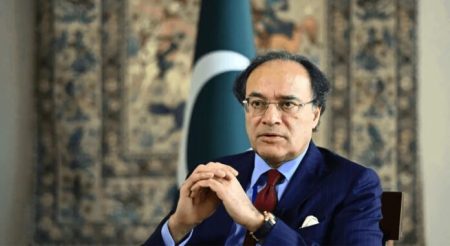Germany and the European Commission have agreed to ban the Nord Stream pipeline, a project originally designed to deliver Russian gas to Europe. This decision comes after talks emerged about possibly restarting the pipeline, which involved interests from Russia and the United States.
On May 22, German Chancellor Friedrich Merz pushed for a new EU sanctions package to permanently exclude the pipeline from the European energy network. The measures approved by the German government make it impossible to repair or operate Nord Stream and Nord Stream 2 infrastructure, which was damaged by sabotage in 2022. The sanctions also block financial transactions related to fixing the pipelines and were coordinated with the European Commission.
Reports from March 2025 revealed that Russian and American business groups discussed restarting the pipelines connecting Russia and Germany. German businessman Matthias Warnig, the former head of the Swiss-based company Nord Stream 2, was mentioned as a possible overseer for the project. Under this plan, American companies would control the pipeline, with the goal of improving U.S.-Russia relations and gaining leverage in talks about Ukraine’s future.
Nord Stream 2 AG, the Swiss company owning the pipeline, reached a settlement with creditors in early May, allowing it to search for new investors. Despite this development, the German government and EU remain determined to prevent the pipeline from restarting.
The Nord Stream pipelines run under the Baltic Sea and were designed to transport Russian gas directly to Germany. Nord Stream 2, completed shortly before the war in Ukraine started, has a capacity of 55 billion cubic meters of gas per year. Following Russia’s invasion of Ukraine, Germany stopped the pipeline’s certification process, and the United States imposed sanctions on Nord Stream 2 AG. The company declared bankruptcy in March 2022.
The pipelines were damaged by sabotage attacks in September 2022. According to some reports, Ukraine’s President initially approved the sabotage but later canceled it after advice from the CIA. However, the military reportedly ignored the cancellation order. Ukraine denies involvement, stating only Russia has the technical resources for such an attack.
Before the sabotage, Russia had already halted gas supplies to Europe through Nord Stream. Gazprom announced a full suspension of gas shipments to Germany and other EU countries in August 2022, citing maintenance. Gas prices in the EU surged to record highs during this period.
The European Commission has confirmed it is preparing new sanctions to prevent any resumption of gas deliveries through the Nord Stream pipelines. These sanctions target Nord Stream 2 AG and other companies that might be involved in reactivating or operating the pipeline.
This decision reflects the EU’s commitment to reduce reliance on Russian gas and to maintain political pressure on Russia amid ongoing conflict. While restarting the pipeline might ease Germany’s energy challenges, the EU prefers a long-term strategy focused on energy independence.















